Plenary & Panel Speakers

Douglas Anderson
Douglas Anderson founded Club Vita in 2008 to provide a new way of delivering better longevity insights. The Club Vita community is now supported by over 200 leading UK employers and tracks the survival patterns of around 1 in 4 of the UK’s defined benefit population. He is a passionate advocate for the better understanding of longevity risk and applying enterprise risk management techniques to longevity.
Douglas has a degree in statistics from the University of Aberdeen (1987), is a Fellow of the Institute and Faculty of Actuaries (1992) and became a Chartered Enterprise Risk Actuary in 2011. He recently co-authored a chapter on longevity risk in the Palgrave Handbook of Unconventional Risk Transfer.
Peter Banthorpe
Peter Banthorpe is Senior Vice President and Head of Global Research and Development with RGA Reinsurance Company. In this role, he leads RGA’s advanced analytics capabilities, International experience study unit, and oversees RGA’s biometric research and related strategic research programme. Peter is also the Lead Risk Management Office for Mortality at RGA.
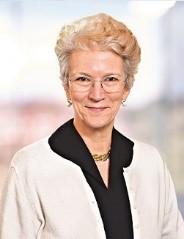
Sarah Bates
Sarah Bates has nearly 40 years’ experience of the investment and investment management world: she is Chair of Polar Capital Technology Trust plc, a Non-Executive director of Worldwide Health Care Trust, a member of the investment committee of the University Superannuation Scheme and of the BBC Pension Scheme. She is Chair of the Diversity Project Charity. She is also a trustee of the Liver Group Charity, Chair of the St Joseph’s Hospice investment panel and on the investment panel of the National Heritage Memorial Fund. She retired as Chair and from the Board of St James’s Place plc, a FTSE 100 company, in July, having been appointed to the Board in 2004 and as Chair in January 2014.
She has considerable experience as Chair, Senior Independent Director, Trustee and as an Advisor, of or to a wide variety of organisations including investment and real estate companies, pension funds, industry associations and charities. She was CEO of Invesco Institutional (UK) until 2003, and has a BA (hons) from Trinity Hall, Cambridge University in Law and an MBA from the London Business School, specialising in investment and finance.

Steven Baxter
Steven Baxter has been central to the establishment of Club Vita – a vibrant community pooling data from over 220 large defined benefit pension schemes. He leads a multi-disciplinary team of statisticians and actuaries in analysing predictors of longevity, emerging trends in later life mortality and the implications of longevity uncertainty on the financial health of pension schemes and insurers.
He is passionate about the longevity market, having worked on a number of innovative transactions including the first UK pension scheme longevity swap to leverage a sponsor owned insurance vehicle.
Steven was a leading contributor to the paper “A methodology for assessing longevity basis risk” commissioned by the Institute & Faculty of Actuaries and the Life & Longevity Markets Association. He has contributed chapters on longevity risk to the Palgrave Handbook on Unconventional Risk Transfer and Risk Books’ Longevity Risk (2nd Edition, forthcoming).

Guy Coughlan
Guy Coughlan is Chief Risk Officer at the Universities Superannuation Scheme (USS), a UK pension plan with assets of over £60 billion. Guy joined USS in January 2015 as a member of the executive team to set up the group risk function. He is also a member of the executive team of USS Investment Management, the investment subsidiary of USS and chair of the Group Risk Committee. His previous role was at Pacific Global Advisors (a subsidiary of Pacific Life Insurance Company) where he was Chief Risk and Analytics Officer. Prior to that he held several senior global roles at JP Morgan, where he spent 17 years and finished as European Head of the Pension Advisory Group. In the mid-1990s he was a member of J.P. Morgan’s RiskMetrics team and led the development of the first general-purpose commercial value-at-risk system. He also founded and led the bank’s Global ALM Advisory group, helped to found a fiduciary management business for US pension plans (that was later sold to Pacific Life) and set up J.P. Morgan's longevity risk transfer business. Guy holds a D.Phil. (i.e., PhD) from Oxford University, a BSc (Hons) from the University of Western Australia and an MBA from Henley Business School. He is named as an inventor on a number of US patents related to financial risk management.
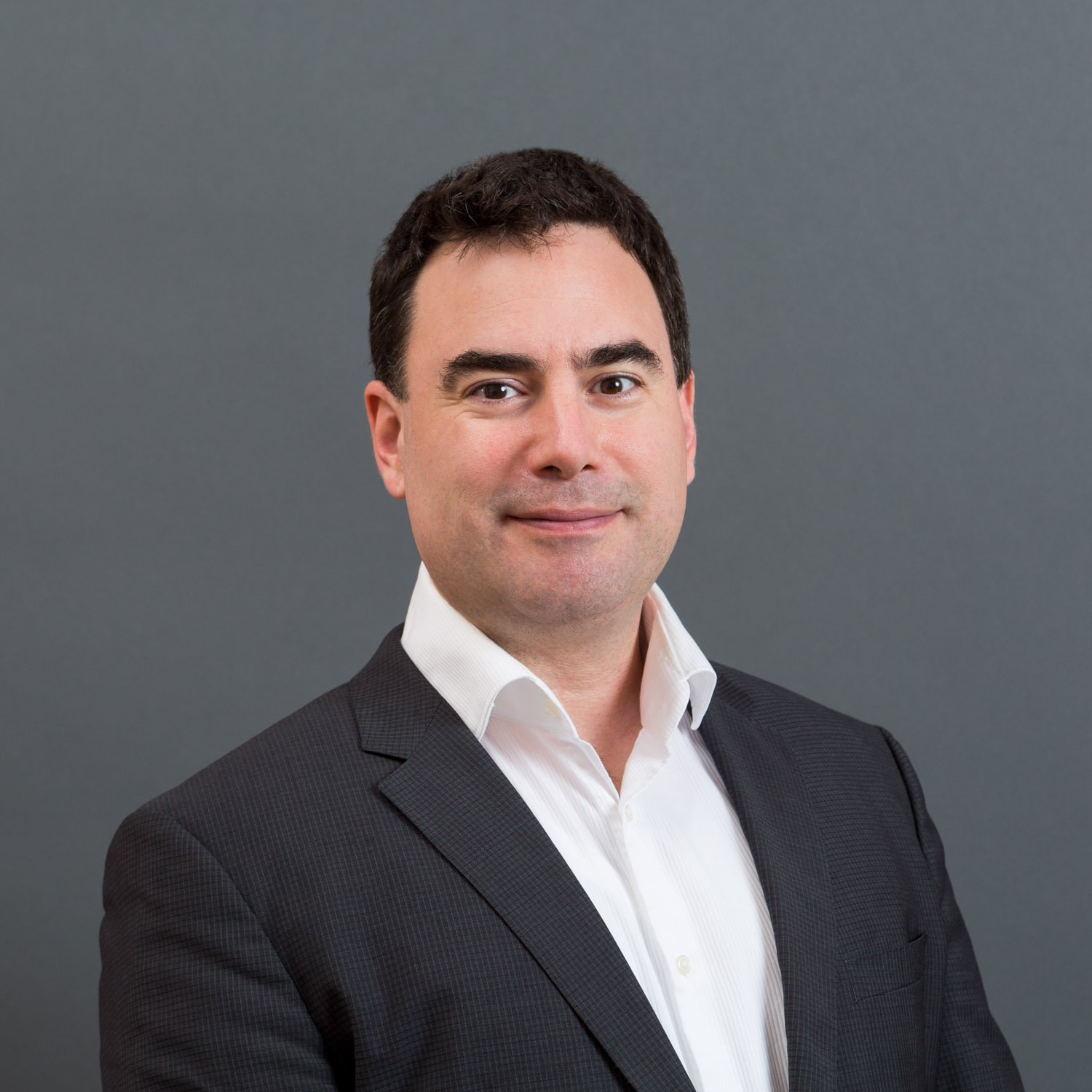
Mark Higgins
Mark Higgins, Chief Operating Officer, co-founded Beacon in 2014 after spending twenty years on trading floors as a quantitative developer, trader, and manager, developing industry-leading trading and risk management software.
Prior to co-founding Beacon, Dr. Higgins spent four years at JPMorgan Chase as a trader and quantitative developer. In addition to launching the Athena project with Kirat Singh from 2006 to 2010, Dr. Higgins was Co-head of Quantitative Research for the Investment Bank from 2010 to 2012 and head of the electronic currency options franchise and algorithmic FX index business from 2012 to 2014. From 1998 to 2006, Dr. Higgins was the head of the FX and US interest rate strategist teams at Goldman Sachs, where he developed pricing and risk solutions in SecDB. Dr. Higgins began his career as a Lead Quantitative Developer at Contango Energy, where he designed and built the Contango System, a trading and risk management system for electricity and natural gas derivatives.
Dr. Higgins received a B.S. in Engineering in 1992 and a Ph.D. in Theoretical Astrophysics in 1996 from Queen’s University, Kingston, Ontario.

Amy Kessler
Amy Kessler is senior vice president and head of Longevity Risk Transfer within the Pension Risk Transfer business of Prudential Financial, Inc. (PFI). In this role, Amy leads PFI’s longevity reinsurance business globally and serves on the senior leadership team for PFI’s pension risk transfer efforts in the United States. In 2011, Amy led PFI's successful launch of its longevity reinsurance product and, together with her exceptional team, has closed nearly $50 billion in international reinsurance transactions since, covering members of more than 200 pension funds in the United Kingdom, including British Airways and Rolls-Royce. In 2014, Amy led PFI’s reinsurance team in the largest and most innovative longevity risk transfer transaction on record for the BT Pension Scheme. This transaction was recognized as “Deal of the Year” by Risk Magazine and earned PFI top honors as “Reinsurer of the Year;” an honor they have now received for four consecutive years (2014-2017). With nearly 30 years of experience, Amy is an innovator whose work helps pension funds proactively manage longevity risk and create retirement security for their members.
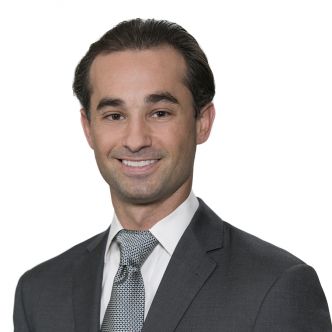
Avery Michaelson
Avery Michaelson is the Founding Partner of Longitude Solutions, an advisory providing transaction services to the longevity risk market. He has extensive experience in the longevity risk and insurance-linked securities markets having held positions at Société Générale and Deutsche Bank, with posts at various Life Settlement companies. Mr. Michaelson graduated Magna Cum Laude from the Wharton School at the University of Pennsylvania, and is a frequent speaker at financial and longevity conferences.
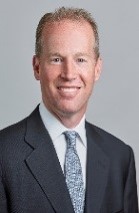
Jeff Mulholland
Jeff Mulholland is a Managing Director in PwC’s New York office and leads Actuarial Service’s Return on Capital Optimization team. He is responsible for advising both domestic and international insurance and reinsurance clients on optimizing return on capital and therefore their stock price through more effective asset allocation, reinvestment strategy, hedging strategy, reinsurance strategy and M&A strategy.
Since 1991, Jeff has worked for premier investment banks and hedge funds in the insurance sector. More specifically, he founded Goldman Sachs’ derivatives ALM business for the insurance and reinsurance industries, executing tens of billions of hedges while leading that business. His last position prior to PwC was running Societe Generale’s Cross Asset Solutions business for insurance and reinsurance companies in the Americas, and founding and leading its global longevity business. The longevity business received the 2014 award from Insurance Risk as the best bank in the longevity sector based upon successful executions.
Jeff graduated Magna Cum Laude from the Wharton School in 1986, and is a Fellow of the Society of Actuaries and a Member of the American Academy of Actuaries.
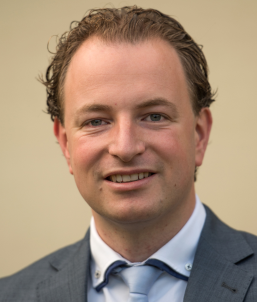
Wilbert Ouburg
Wilbert Ouburg currently works as Head of Risk Models at NN Group. He is chair of the workgroup for the AG2018 mortality prognosis at the Royal Dutch Actuarial Society. In the past Wilbert worked in several positions in the risk department of Delta Lloyd, among others he was content programme manager for the Solvency 2 Partial Internal Model, risk manager for longevity risk and member of the longevity hedge programme. Wilbert holds master's degrees in Mathematical Sciences (Utrecht University) and Actuarial Science (University of Amsterdam), and is a financial risk manager at Global Association of Risk Professionals.

Cord-Roland Rinke
Cord-Roland Rinke is Managing Director of Hannover Re – Life & Health Asia and Longevity, which includes the global responsibility for longevity business and a biometric research team.
During the last years, Hannover Re has actively worked on transferring longevity risks from pension schemes and insurance companies onto its books. Cord and his team have written various longevity deals with a number of insurance carriers and banks.
In his prior role, he was also responsible for the corporate actuarial department building a life internal model for Solvency II and managing the calculation of the market consistent embedded value. Before that he was in charge of the life reassurance business in Asia and the annuity reassurance business in the UK. His team structured tailor-made life reassurance solutions for Hannover Re’s clients in the UK and the clients of the branch offices in Hong Kong, Kuala Lumpur, and Stockholm.
Cord was involved in establishing a subsidiary, Hannover Life Re Ireland, which is one of Hannover Re’s specialist entities for financing life reassurance business. During his time in Dublin, he developed alternative reassurance structures for annuity business. He joined Hannover Re in 1990. Initially he worked as treaty underwriter for North American life reassurance business, focusing on financing reassurance. In the middle of the 1990s he was largely involved in the establishment of Impaired Live Annuities and Enhanced Annuities in the UK. Since then Hannover Re has successfully become the market leader in the reassurance of UK Enhanced Annuities. Cord holds a degree in Mathematics, is a member of the Deutsche Aktuar Vereinigung and a Fellow of the Society of Actuaries.

Leendert van Gastel
Leendert van Gastel has followed education in pure mathematics, which resulted in a PhD. In the last years he has focused more on financial mathematics and actuarial sciences. Currently he is working as a supervisor-specialist at the De Nederlandsche Bank, and he is Assistent Professor Actuarial Sciences at the University of Amsterdam. Working at the expert centre for capital and actuarial issues, he is often involved in assessment of the adequacy of provisions, of risks and techniques to mitigate these. Longevity and mortality are often in the focus of this work.

James W. Vaupel
James W. Vaupel is AXA Professor of Longevity Research and Director of the Interdisciplinary Center for Research and Education on Population Change at the University of Southern Denmark. The Max Planck Institute for Demographic Research was founded under his leadership in 1996 and he served as Director until the end of 2017. He was Director of the Max-Planck Odense Center on the Biodemography of Aging from 2013 through 2017. He also serves as Research Professor at Duke University’s Population Research Institute. Educated at Harvard College, Harvard Business School and the Kennedy School of Government at Harvard, Dr. Vaupel is a scientific member of the U.S. National Academy of Sciences, the American Academy of Arts and Sciences, the German National Academy of Sciences Leopoldina and the Max Planck Society. He was awarded both of the two highest honors of the Population Association of America, the Taeuber prize (for innovation in biodemography) and the Sheps prize (for developing the mathematics of heterogeneous populations). For his research on longevity he won the IPSEN Foundation award as well as the Seneca Medal and was granted an honorary doctorate by the University of Newcastle. He was granted an honorary doctorate in economics from Lund University. In 2011 he was awarded the Latsis Prize (researcher of the year) by the European Science Foundation for his contributions to population research. His scholarly publications have been cited (Google Scholar 24 April 2018) nearly 34 thousand times, with 295 articles cited at least 10 times and 91 articles cited at least 91 times.
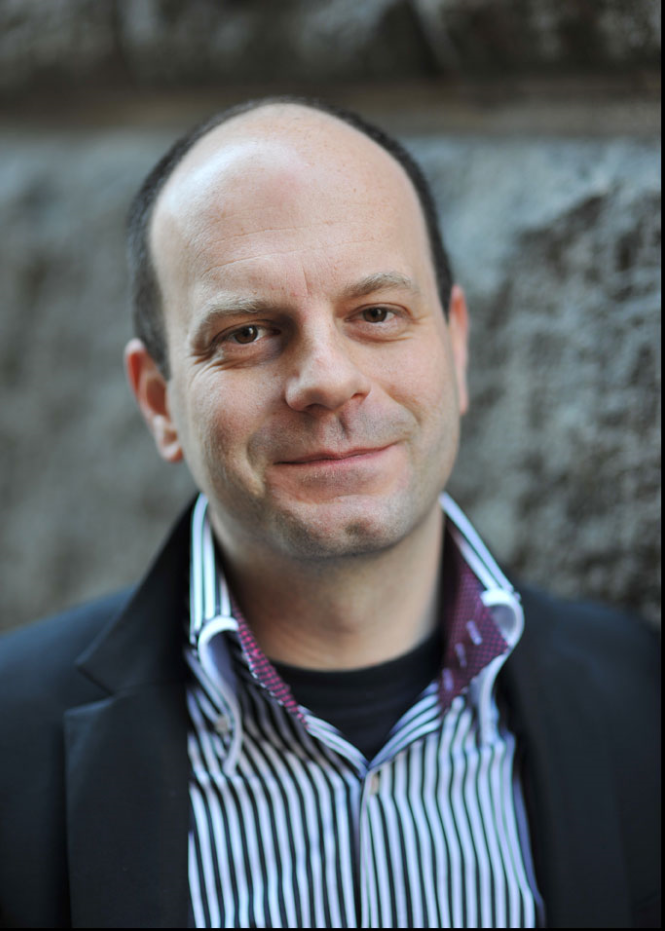
Michel Vellekoop
Michel Vellekoop is full professor in the Actuarial Sciences and Mathematical Finance group at the University of Amsterdam. He studied Applied Mathematics at the University of Twente and obtained his PhD. degree at the Imperial College in London for research on nonlinear filtering problems for stochastic processes. Since then he has focused on applications in finance and insurance. His main interests are valuation and risk management problems for contingent claims in complete as well as incomplete markets. Michel is a Netspar research fellow and scientific member of the CSO, the committee which is responsible for the official mortality models of the Royal Dutch Actuarial Society.

Peter Vlaar
Peter Vlaar studied economics at the Free University in Amsterdam. After his PhD in econometrics at the Maastricht University he worked as a researcher at the Dutch Central Bank (DNB). In this position, he investigated a broad spectrum of topics ranging from monetary transmission in Europe, inflation forecasting, exchange rate economics, and several financial topics. From 2003 on, the main focus of his research shifted towards pension economics as DNB became the supervisor of Dutch pension funds. He was actively involved in the evaluation of the proposed new pension act in the Netherlands, which became effective in 2007. For this purpose, a pension asset and liability model was developed, focusing on the impact of market valuation on optimal pension fund policy. In May 2008, he decided to leave the central bank, and started working for the All Pensions Group (APG). As senior strategist ALM, he is now actively involved in the Dutch pension debate, in the strategic asset allocation choices at the biggest pension fund in Europe, as well as in the further development of their ALM model.
